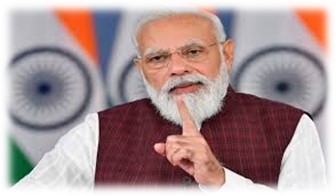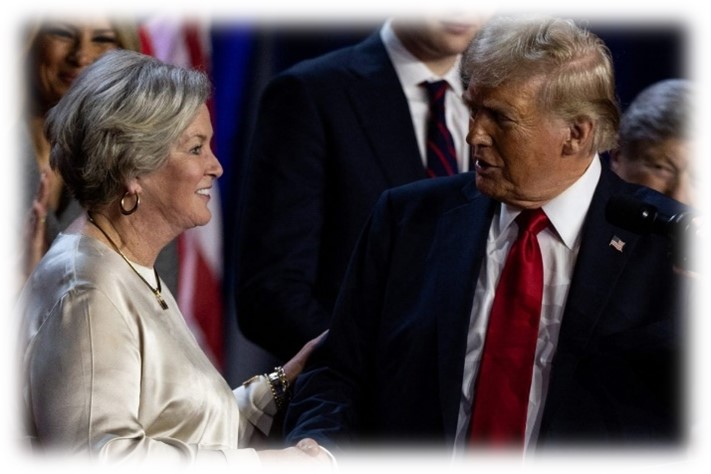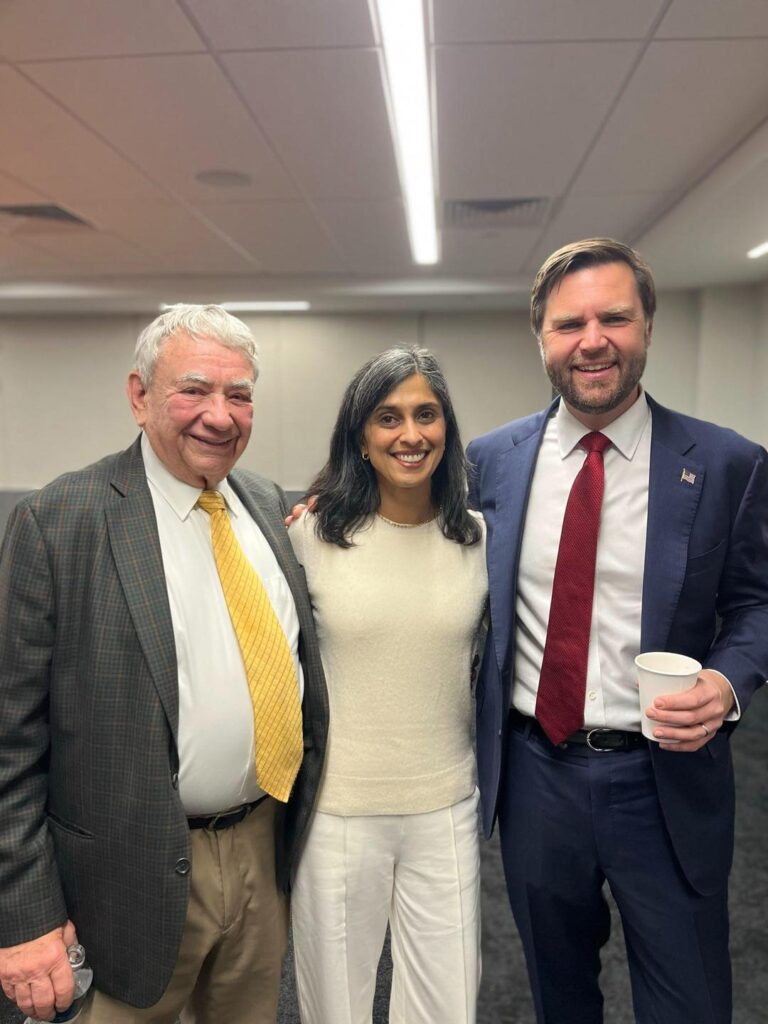Diwali is one of the biggest festivals in India. It symbolizes the victory of light over darkness, good over evil, and knowledge over ignorance. But nowadays the celebrations of Diwali bring some evil effects on the earth.
Kolkata: Bengali people celebrate Diwali, also known as Deepavali, as a festival across India. It is a festival of lights. This festival symbolizes happiness, togetherness, and success. People in India wait throughout the year to celebrate Diwali. Generally, people celebrate Diwali in October or November, about 20 days after Dussehra (Bijoya Dashami among Bengali), following the Hindu month called Kartika.
Celebrations of Diwali
The word “Diwali” comes from the Sanskrit word “Deepavali,” which means a ‘row of lights. During Diwali, people lit clay lamps and candles in front of their gods and all around their homes. People also use fairy lights in their house to make it brighter and more beautiful. During these days, ladies of the house make colourful Rangoli or Alpona in their entrance. This festival is celebrated with lots of crackers. People of different ages burn crackers to make the celebration more beautiful. Some of them perform Kali puja and Laxmi puja at this time. All of these symbolize the triumph of light over darkness.

Gift exchange
During Diwali season, people visit their relatives, colleagues, neighbours, and friends and exchange different gifts, sweets, and dry fruits to strengthen their bond. The Hindu culture teaches us to live in harmony with one another. Diwali, one of the main Hindu festivals, promotes the feeling of brotherhood and unity amid diversity.
At this time, every office gives bonuses and gifts to their employees.

Historical Significance of Diwali
Diwali is considered one of the most auspicious times in the Hindu religion. People start a new business, shift to a new house, or purchase a big asset at this time.
There are different mythological stories associated with the celebration of this festival. Different people from different zones celebrate Diwali for varied reasons.
Diwali is a festival to honour Lord Ramchandra. Diwali is the day Lord Rama, his wife Sita Devi, and brother Lakshmana return to their homeland Ayodhya after 14 years in exile. The villagers lit a path for Rama, who had defeated the demon king Ravana, who ruled a place called Lanka.

Another Diwali story in Hindu mythology is that Diwali marks the day Lord Krishna defeated the demon Narakasura and freed the people of his kingdom. After he slayed the demon, Lord Krishna declared it a day of festivities. In some parts of India, people burn effigies of the demon kings in both stories as part of the celebration.
People also celebrate the Hindu goddess Lakshmi during Diwali. Maa Lakshmi is worshipped as the win of good over evil and to bring prosperity and wealth and Lord Ganesh to overcome obstacles and also because mythology says that Maa Lakshmi adopted Ganesh and declared that all her wealth and prosperity belongs to him as well.

The romantic Diwali story says that she chose Lord Vishnu, one of Hinduism’s most important deities, to be her husband on the night of Diwali.
Bengali people dedicated this festival to goddess Kali Maa. Kali maa is a symbol of strength. People worshipped maa Kali on the new moon day called Dipanwita Amavasya of the Hindu month Kartik. It is widely believed by Bengalis that Maa Kali had come in the dreams of Tantric scholar Krishnananda Agamavagisha in the 16th century where she instructed him to worship her in this form.

In other cultures, Diwali coincides with harvest and new year celebrations. No matter which Diwali story you celebrate, it’s always a day of new beginnings and light over darkness.

Negative impact of Diwali
Diwali has many positive sides, but we all know that everything has some negative parts too. Nowadays we all face a tremendous environmental change due to this auspicious festival, which is very unfortunate for us.
Millions of crackers are burned throughout our country each year to celebrate the Diwali festival. Diwali celebration is incomplete without the crackers. The markets are flooded with different kinds of fire crackers during the Diwali season. Children are especially excited about burning crackers. However, even the adults indulge in this activity without giving it a thought.
These acts are causing excessive air and noise pollution, which is extremely harmful for the environment. Air pollution levels in our country are on an all-time high during the Diwali festival. This has given rise to numerous health problems.
People who suffer from asthma and other lung problems particularly have a difficult time during Diwali. Their problem augments during this time, and it becomes hard for them to breathe. The burning of crackers also causes extreme noise pollution, which is especially a problem for the elderly, patients, and little kids. It is also scary for animals that look for places to hide themselves as we burn crackers to celebrate Diwali.
| City | AQI on October 30 | October 31 | November 1 |
| Delhi | 352 | 392 | 339 |
| Mumbai | 127 | 130 | 169 |
| Bengaluru | 74 | 95 | 135 |
| Kolkata | 126 | 102 | 155 |
| Chandigarh | 178 | 167 | 302 |
| Kota | 139 | 201 | 159 |
| Nashik | 130 | 96 | 164 |
| Chennai | 74 | 88 | 112 |
| Hyderabad | 78 | 85 | 135 |
Comparison of CPCB’s AQI data of the mentioned Indian cities for last three days indicate a a sudden surge in AQI on November 1, especially in cities like Mumbai, Chandigarh, Nashik, Hyderabad, Bengaluru, etc.
Data says that Delhi’s air quality was recorded in ‘the ‘very poor’ category the next day after the Diwali celebration. A thin layer of smog engulfed the national capital. Air pollution in Kolkata increased as AQI in the West Bengal capital was in the ‘poor category’ on Saturday, reported PTI, citing West Bengal Pollution Control Board (WBPCB) officials.





